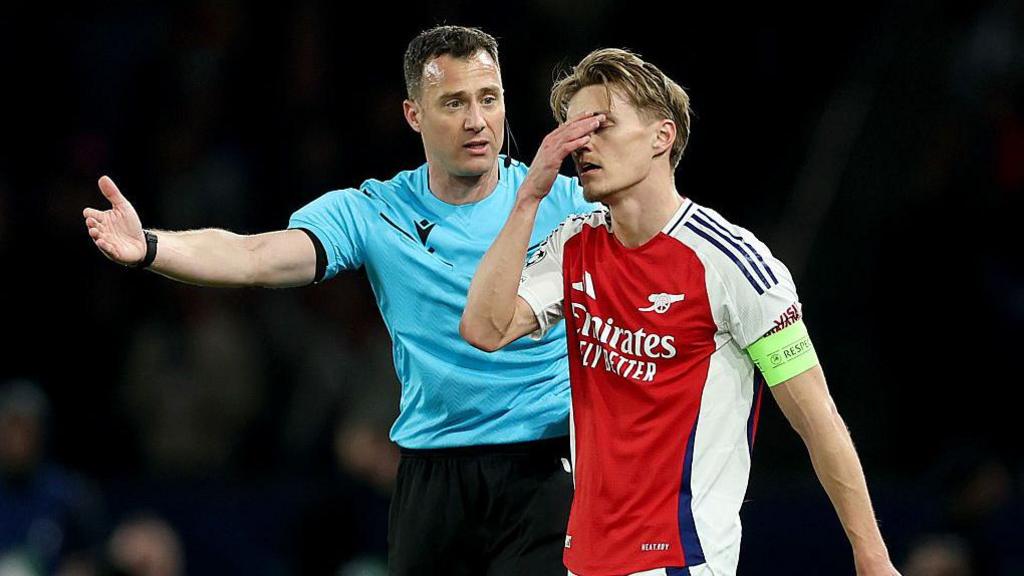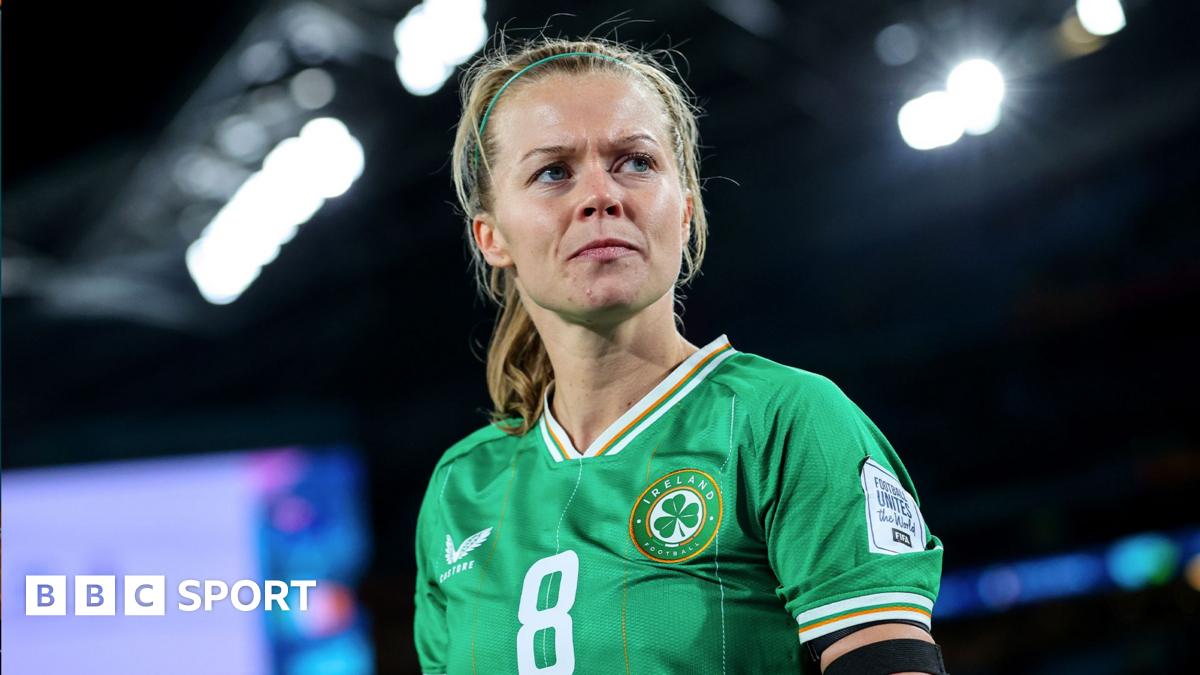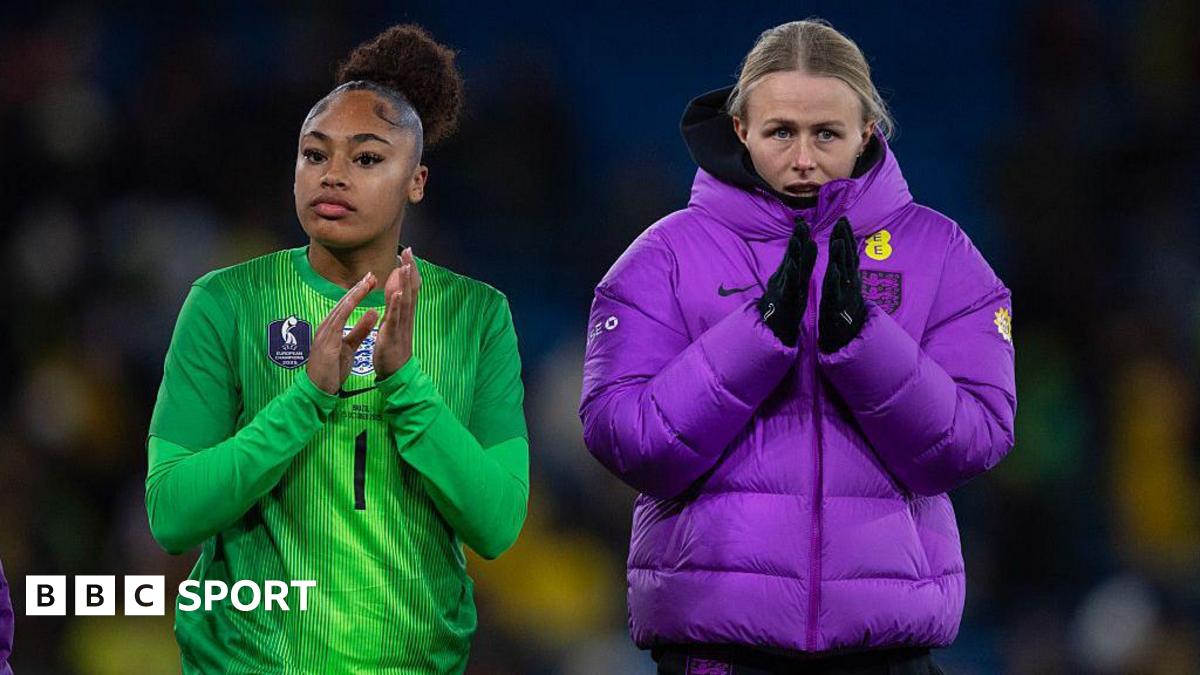ByJonty Colman
BBC Sport journalist
The Champions League gets back under way this week for a second season in its new format.
After more than three decades of 32 teams across eight groups, a second campaign of 36 teams in one league phase will see its first games take place across the coming days.
Six English clubs feature in this season's league phase, having benefitted from winning one of the two extra places available last season and with Tottenham winning last season's Europa League.
Here is what the first season of the league phase taught us about this new Champions League format.
Does winning the league phase help?
 Image source, Getty Images
Image source, Getty Images
Paris St-Germain won their first Champions League trophy last season, despite finishing 15th in the 36-team league phase
On paper, winning the league phase should significantly help teams get a more favourable tie in the last 16 and beyond.
Winning the league phase means a last 16 match against the team that finished either 15th or 16th in the league phase.
Last season's league phase winners Liverpool did not get the rub of the green and were knocked out in their first knockout round match.
Arne Slot's side were drawn against Paris St-Germain, who finished 15th in the league phase, and had to overcome fellow French side Brest in a knockout round play-off - which PSG won 10-0 on aggregate.
PSG then beat Liverpool on penalties after a 1-1 draw on aggregate, with the French side going on to win the competition, following victory over Aston Villa, Arsenal and Inter Milan in the final three rounds.
Making the top eight – a help or hindrance?
Finishing in the top eight means skipping the knockout round play-off and giving those teams a place straight in the last 16.
Only half of the top eight reached the quarter-finals, and only three progressed into the semi-finals, with Atletico Madrid, Lille, Bayer Leverkusen and Liverpool all falling at the first hurdle.
Those four teams were beaten by Real Madrid, Borussia Dortmund, Bayern Munich and PSG, four clubs who realistically could and should have finished in the top eight.
While it is a small sample size of one season's results, a top eight finish only currently represents a 50% chance of reaching the quarter-finals.
Are English teams dominating?
 Image source, Getty Images
Image source, Getty Images
Arsenal were the only English team to reach the Champions League semi-finals last season
As a nation, there was no overriding dominant force from England last year in the competition.
Last season, four English teams featured in the league phase. Germany and Italy were the only nations with more than England at five each, due to their clubs' performance in European competitions during the 2023-24 campaign.
Arsenal were England's best performers, reaching the semi-finals after knocking out Real Madrid in the quarter-finals.
Teams from England, Italy, France and Spain reached the last four.
In the league phase, England were the best-performing nation with three clubs in the top eight. Spain were the next best with two.
Despite having five teams in it, Germany lost two in the league phase, with Spain and Italy also losing one each.
With six English teams in this season's campaign and four in the top 10 of Uefa's club rankings, English teams will expect to dominate more than they did last term.
Are there more or fewer dead rubbers?
Going into the final round of league phase matches last season, only two teams were guaranteed a place in the top 16 of the league phase, meaning either a place straight into the last 16, or a seeded spot in the knockout play-off round.
In the previous campaign, the last season of group stages that feed straight into the last 16, 13 of the 16 places were decided were confirmed prior to the final round of matches.
However, of the 26 teams two lost all eight league phase matches and 10 picked up less than one point per match.
How many points are needed for the top eight and top 24?
With only eight rounds of league phase games, the margins for error are minimal.
Last season, all of the top eight teams finished with 16 or more points in total - effectively two points or more per game.
With the exception of Dinamo Zagreb, whose -7 goal difference proved to be to their detriment, all teams with between 11 and 15 points finished between ninth and 24th, enough for a knockout play-off round place.
This article is the latest from BBC Sport's Ask Me Anything team.
What is Ask Me Anything?
Ask Me Anything is a service dedicated to answering your questions.
We want to reward your time by telling you things you do not know and reminding you of things you do.
The team will find out everything you need to know and be able to call upon a network of contacts including our experts and pundits.
We will be answering your questions from the heart of the BBC Sport newsroom, and going behind the scenes at some of the world's biggest sporting events.
Our coverage will span the BBC Sport website, app, social media and YouTube accounts, plus BBC TV and radio.

 2 months ago
35
2 months ago
35

















































